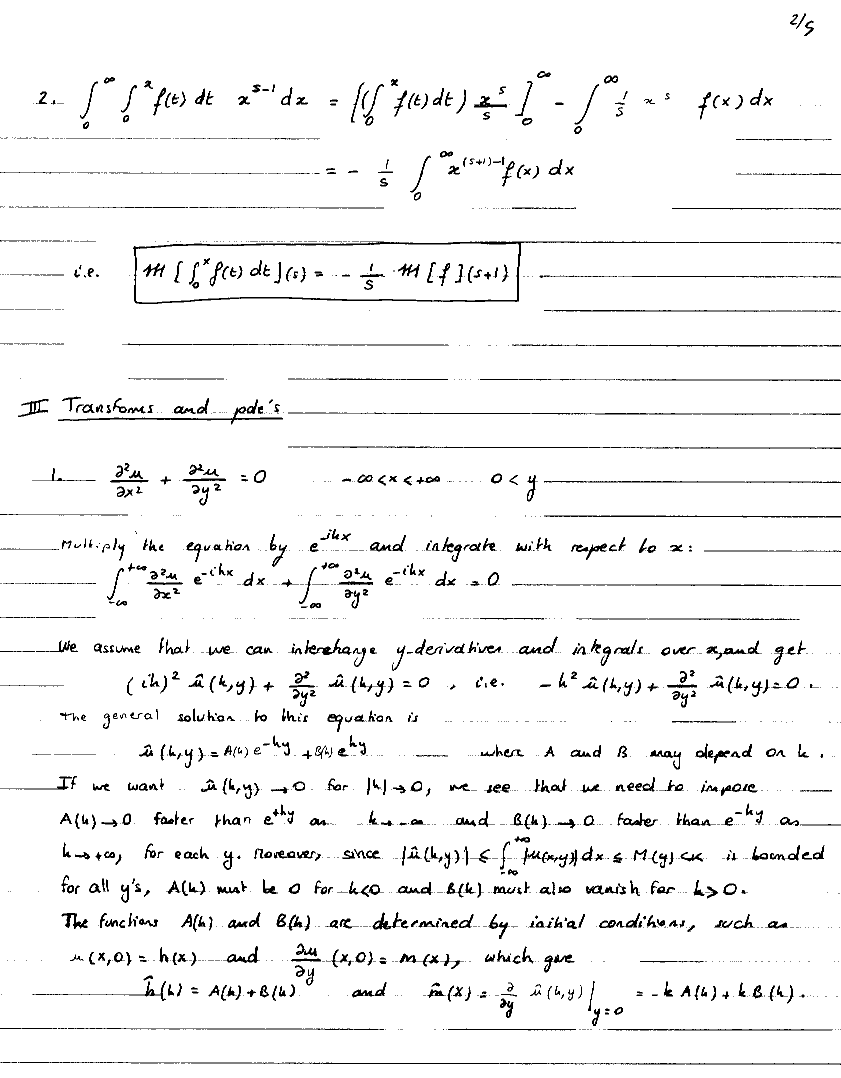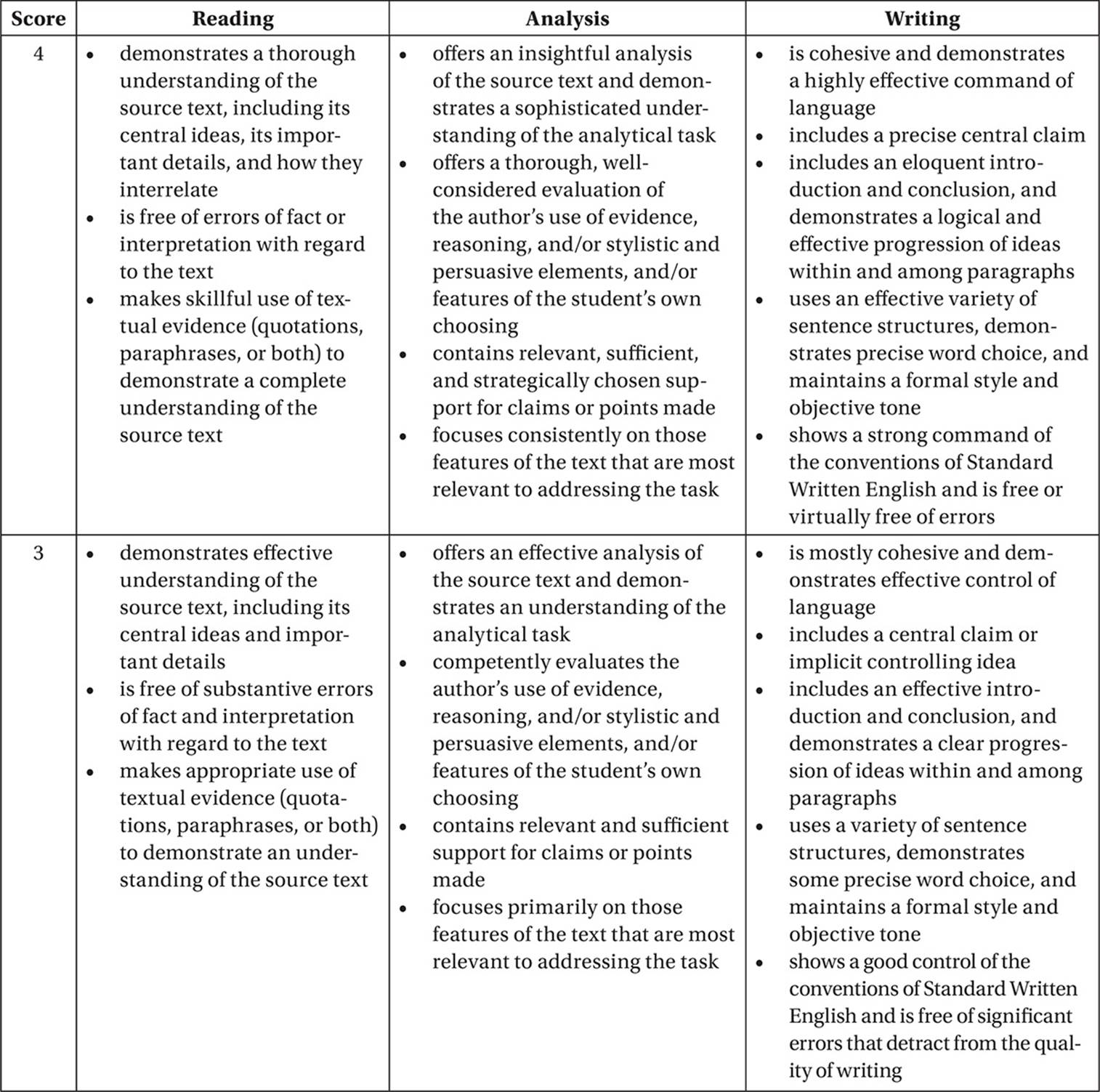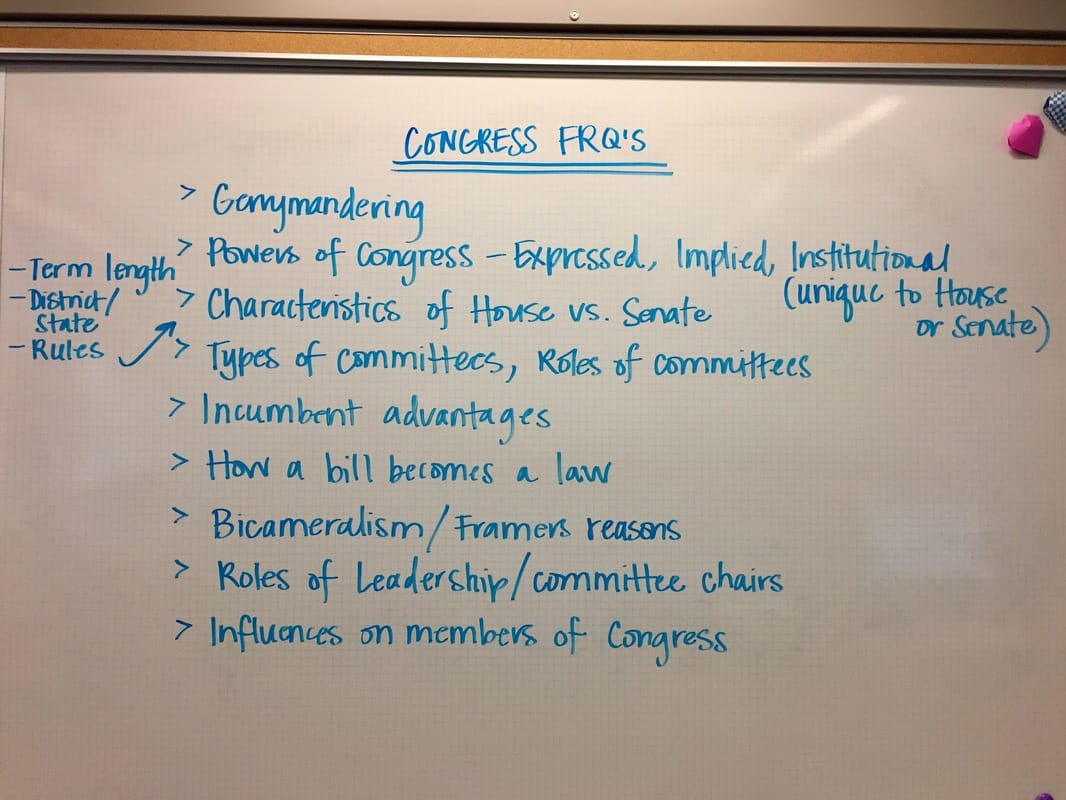What is the difference between consequentialism and.
Consequentialism The results matter, not the actions themselves. Whatever has the best outcome is the best action. For example, under utilitarianism the goal is to take whatever action maximizes happiness, regardless of the motivations or nature.
What is the difference between consequentialism and deontological ethics? Consequentialism and Deontological theories are two of the main theories in ethics. However, consequentialism focuses on judging the moral worth of the results of the actions and deontological ethics focuses on judging the actions themselves.

Deontology vs. Consequentialism Essay Sample. Even though Deontology and Consequentialism can be extremely similar, both contain key factors that make each idea unique and very different. Sometimes, it may appear that both these theories simply arrive at the same conclusion by way of different paths. While this is sometimes true, it is.

More than 1000000 free essays. (“Normative Ethics” n. d. ) Consequentialism is the school of thought which asserts that the morality of a given action is to be judged by the consequence of that action.

Consequentialism and deontology will be critically discussed on their impact on psychological research. The following areas will be discussed on how the ethical theories link with the BPS (British Psychological Society) guidelines. How current studies have impacted on both philosophical ideas and the BPS ethical guidelines. Additionally, it.

Deontology. According to the definition of deontology in ethics, it focuses more on obligation, duty, or ideal expectations. Like its previously-mentioned counterpart, it focuses on conduct, but there is a minor difference between deontology and consequentialism in this case. It focuses on identifying the moral conduct through which the right.

Deontology vs Utilitarianism. DEONTOLOGY vs UTILITARIANISM The theory of deontology is derived from the writings of German philosopher Immanuel Kant (1724-1804). Kant stated that a universal law should provide the basis for each act, and that the intention was of more importance than the result. Deontology is a duty-based ethical position.

Deontology and Consequentialism are the two most outstanding and oppositional viewpoints in the theories of ethics. The word deontology comes from the Greek work deon, meaning duty. According to this theory of moral decision-making, it is a person's duty to choose actions that are right and not do those actions which are wrong. The actions.

Excerpt from Essay: Deontology vs. Utilitarianism THE RIGHT CHOICE Deontology is an ethical theory, which states actions should be performed according a previously ranked set of values (Johnson, 1996).

Andrew Forcehimes and Luke Semrau argue that agent-relative consequentialism is implausible because in some circumstances it classes an act as impermissible yet holds that the outcome of all agents performing that impermissible act is preferable.

Compare and contrast utilitarianism and deontology. Utilitarianism is the principle that the correct form of action be taken to benefit the greatest number of people. Deontology is defined as the area of ethics involving the responsibility, moral duty and commitment. Both utilitarianism and deontology deal with the ethics and consequences of.

Consequentialism versus deontology essays. Essay about attitudes unemployment in india write about your holiday essay theme about my hero essay youth icons definition of definition essay body paragraphs adventure life essay and art imitates research proposal advantages disadvantages essay review service example psychology humorous essay writing reviews writing master dissertation questionnaire.

Consequentialism versus deontology essays. 5 stars based on 87 reviews diversityquickflicks.com Essay. A favorite place essay isaac asimov essay phantasia. Two harbors investment corp analysis essay the key of success essay writing. Henk jochemsen euthanasia essay. Essay ethisches thematic maps. Essay of old and new world dissertation help writing a thesis mending wall poem essay is canada a.



